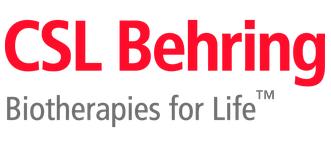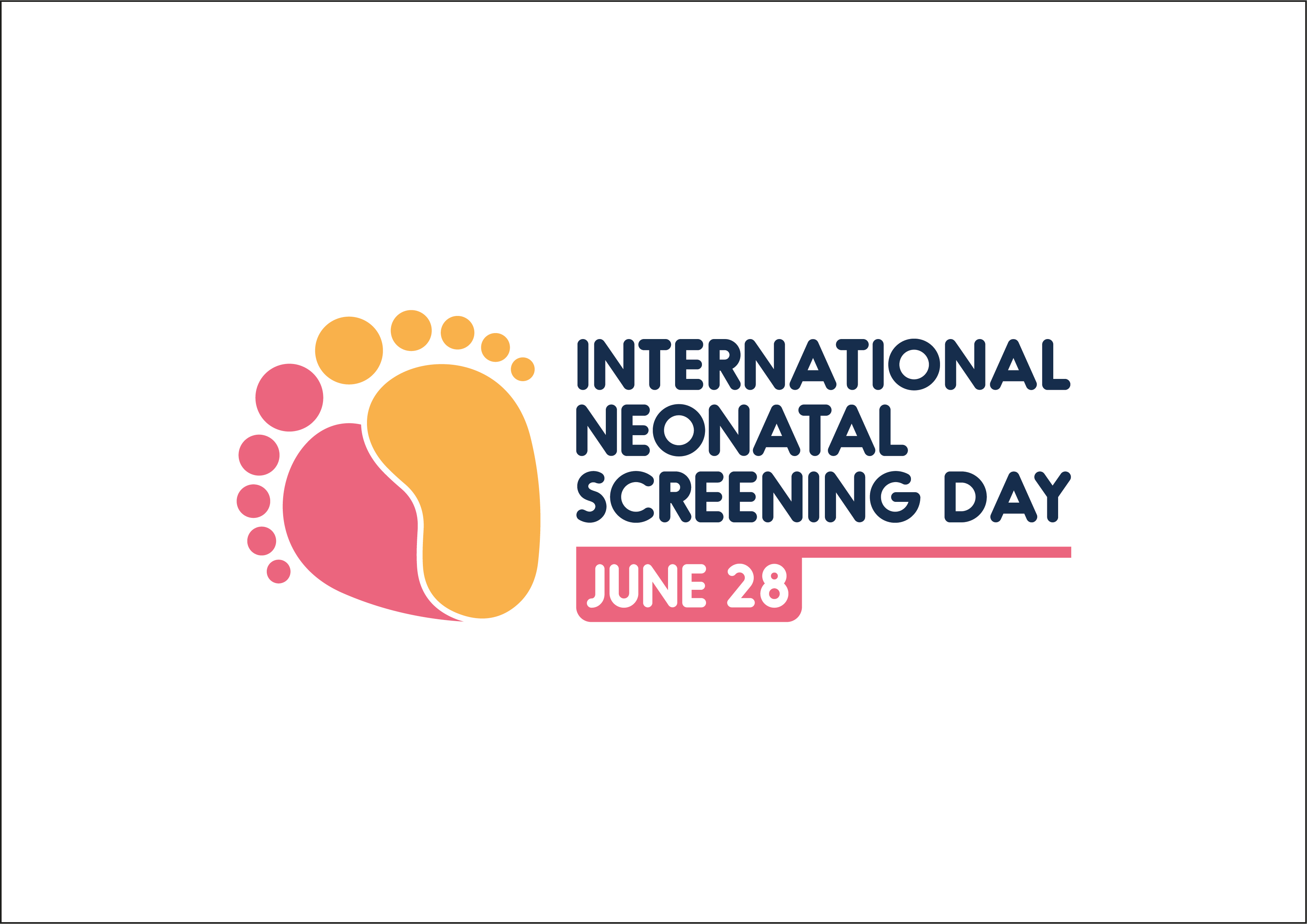Recomb is developing promising gene therapy for RAG1-SCID
Treating severe combined immunodeficiency
Severe combined immunodeficiency (SCID) is a condition where infants are born without a functioning immune system. Due to this condition, these babies risk death if untreated in their first year of life.
The current recommended curative treatment for SCID patients is Allogeneic Hematopoietic Stem Cell Transplantation (allo-HSCT), by which the patients’ deficient immune system is corrected by replacing the affected autologous stem cells with those from a healthy donor.
Although successful and lifesaving, allo-HSCT has the best outcome when performed with a human leukocyte antigen (HLA) matched family donor or unrelated donor, while the outcomes with a mismatched donor are less successful.
Recomb develops a novel treatment for RAG1-SCID
Recomb is a multinational research consortium funded by the EU Horizon 2020 programme, which has been working since 2018 to develop a novel autologous haematopoietic stem cell-based gene therapy (GT) to treat RAG1-SCID.
The aim is to provide a novel treatment for RAG1-SCID patients with a more favourable profile compared to the currently recommended allo-HSCT. For this cause, Recomb involves 16 partners including IPOPI, which leads the work package on dissemination and exploitation.
New publication in Health Europa Quarterly
In an article from Health Europa Quarterly, Recomb recently presented milestones since the start in 2018, including the recruitment of the first patient:
“The consortium opened the clinical trial in the Netherlands in April 2021, after obtaining full regulatory approval. A seminal milestone was reached for the inclusion and treatment of the first patient in August 2021. The patient was diagnosed with RAG1-SCID immediately after birth through positive family history and confirmed through the national SCID neonatal screening programme. To date, the clinical course was uneventful, and the patient shows clear signs of T and B cell reconstitution. Monitoring at both cellular and molecular levels will be continued to assess the short and long-term effects of GT. The other Recomb clinical sites are in the process of obtaining regulatory approval, which will allow recruitment in these sites as well.” (Health Europa Quarterly, May 2022).
This research programme is more important than ever, with babies increasingly being detected through national newborn screening programmes. Therefore IPOPI is pleased to be a Recomb partner and collaborate with the consortium to secure treatment for these babies.
This project has received funding from the European Union’s Horizon 2020 research and innovation programme under grant agreement No 755170.



